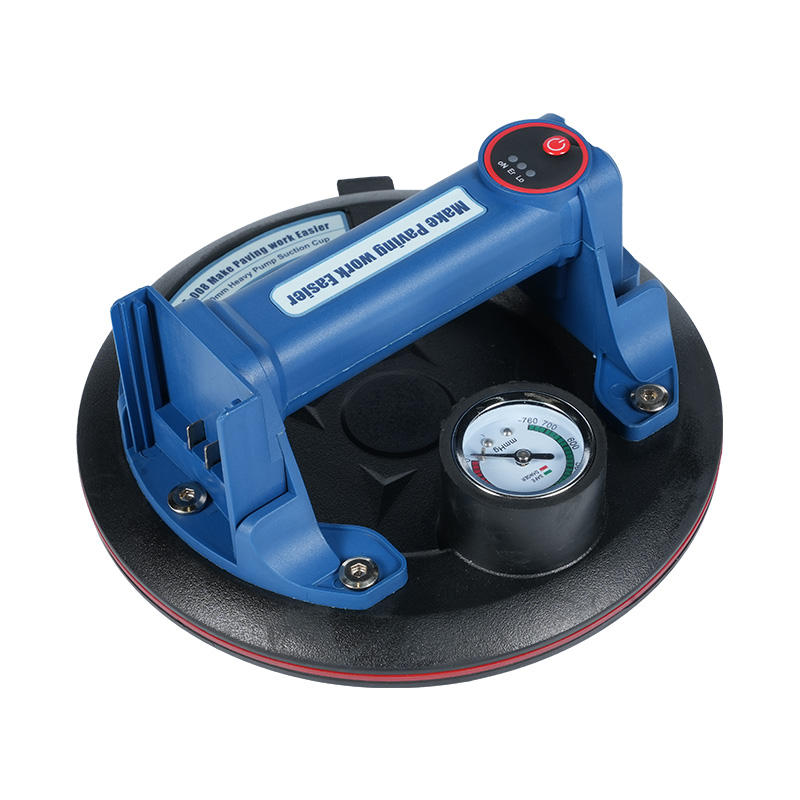
Tile silicone suction cups have become essential tools for many professionals working with tiles, glass, and other smooth surfaces. Their effectiveness largely depends on the material used, and silicone has proven to be a valuable choice for suction cup manufacturing.
One of the primary advantages of using silicone in tile suction cups is its excellent flexibility. Unlike rigid materials, silicone can conform closely to the surface it grips, creating a more secure seal. This adaptability is particularly important when working with tiles that may have slight surface irregularities or textures. The silicone suction cup can fill in these minor gaps, maintaining a firm hold and preventing accidental slips or drops during handling.
The inherent softness of silicone also contributes to better surface protection. Tiles, especially those made of glass or ceramic, can be fragile and prone to scratches or damage. Silicone suction cups provide a gentle touch, reducing the risk of surface marks compared to harder suction cup materials. This protective quality makes silicone suction cups suitable for delicate applications where preserving the tile's appearance is critical.
Silicone's durability is another factor that enhances the performance of tile suction cups. It can withstand repeated use without losing its flexibility or grip strength. This resilience ensures that the suction cups maintain consistent performance over time, even when exposed to various environmental conditions such as moisture or temperature changes. Reliable suction power contributes to safer and more efficient tile handling on the job site.
Another important feature of silicone is its resistance to chemical degradation. On construction sites, suction cups may come into contact with adhesives, sealants, or cleaning agents that could weaken other materials. Silicone resists these chemicals, helping to prolong the life of the suction cups and maintain their effectiveness throughout multiple uses. This chemical stability reduces maintenance and replacement costs.
The temperature resistance of silicone also makes it an ideal material for tile suction cups. It performs well across a wide range of temperatures without becoming brittle in the cold or overly soft in the heat. This versatility allows professionals to use silicone suction cups in different climates and working conditions without worrying about performance loss. Such consistent reliability is valuable when projects require work in varied environments.
Silicone's non-slip properties contribute to improved safety during tile handling. The material's slight tackiness enhances grip without damaging surfaces, helping to reduce accidents caused by slipping tiles. This feature is beneficial for workers who need to move large or heavy tiles precisely and securely, minimizing the risk of injury or material waste.
The ease of cleaning silicone suction cups is another practical benefit. Silicone resists dirt and debris buildup and can be cleaned quickly with water or mild detergents. This keeps the suction cups functioning well and hygienic, which is important when working in environments where cleanliness is a concern.
Silicone suction cups can also be manufactured in various shapes and sizes, allowing customization for specific tile installation needs. This adaptability means that users can select suction cups optimized for different tile dimensions or surface types, improving overall efficiency and usability.
Choosing tile silicone suction cups can help improve work efficiency and protect valuable materials during installation or transport. For industries that rely on secure gripping tools, the benefits of silicone make it a practical choice for tile suction cups. As construction and manufacturing processes continue to evolve, silicone's properties will likely keep it at the forefront of suction cup material selection.


 English
English русский
русский Español
Español italiano
italiano